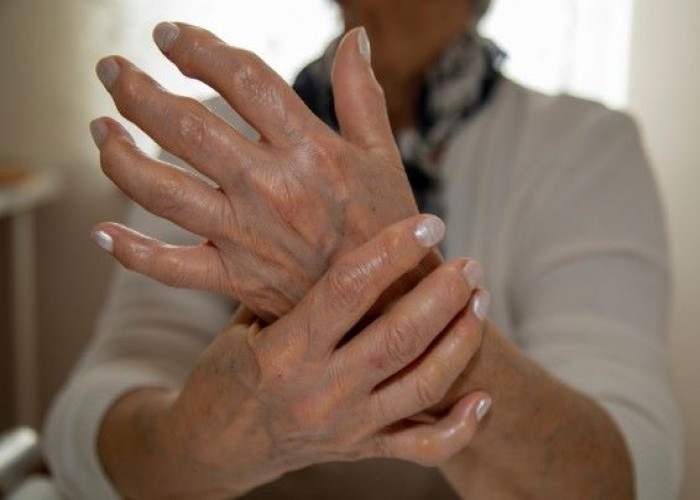 Welcome
Welcome
“May all be happy, may all be healed, may all be at peace and may no one ever suffer."
Guillain-Barre syndrome
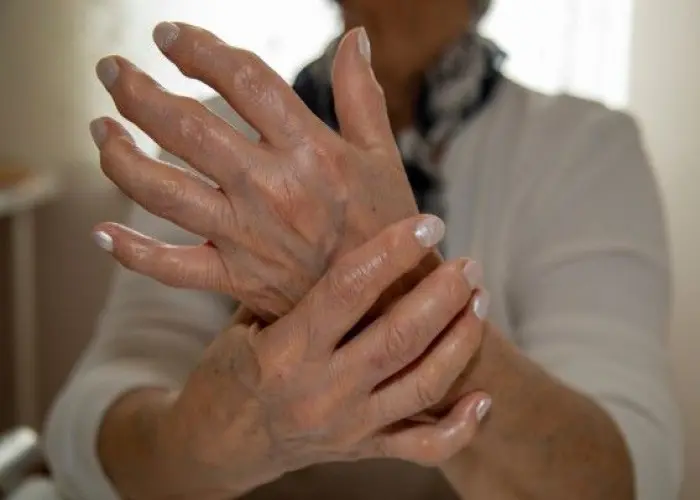
Guillain-Barre syndrome (GBS) is a rare but serious autoimmune disorder in which the body's immune system attacks the nerves outside the brain and spinal cord. This can cause muscle weakness, tingling, and numbness in the limbs, and can progress to paralysis and potentially life-threatening complications.
The exact cause of GBS is not known, but it is thought to be triggered by an infection, such as a respiratory or gastrointestinal infection, or by vaccinations. The disorder can affect anyone, but it is more common in adults than in men.
Symptoms of GBS usually start with tingling and weakness in the feet and legs, which can then spread to the arms and upper body. The weakness may progress rapidly and can lead to paralysis. Other symptoms may include pain, difficulty with coordination and balance, and difficulty with breathing and swallowing.
Treatment for GBS involves managing the symptoms and providing supportive care. This may include medications to reduce inflammation and suppress the immune system, as well as physical therapy and rehabilitation to help regain strength and mobility.
Most people with GBS recover fully or with only minor long-term effects, but recovery can be a slow process, often taking several months or even years. In severe cases, complications such as respiratory failure, blood clots, or infections can occur, requiring intensive care and hospitalization.
It is important to seek medical attention if you experience symptoms of GBS, as early treatment can improve outcomes and prevent complications.
Research Papers
Disease Signs and Symptoms
- Weakness and numbness in legs
- Double vision (diplopia)
- Rapid heartbeat (tachycardia)
- High blood pressure (hypertension)
- Difficulty breathing (dyspnea)
- Weakness in legs that spreads to the upper body
- Unsteady walking or inability to walk or climb stairs
- Difficulty with facial movements, including speaking, chewing or swallowing
- Double vision or inability to move eyes
Disease Causes
Guillain-Barre syndrome
The exact cause of Guillain-Barre syndrome isn't known. The disorder usually appears days or weeks after a respiratory or digestive tract infection. Rarely, recent surgery or vaccination can trigger Guillain-Barre syndrome. Recently, there have been cases reported following infection with the Zika virus. Guillain-Barre syndrome may occur after infection with the COVID-19 virus. It's also a rare reaction in those who receive the Johnson & Johnson COVID-19 vaccine.
In Guillain-Barre syndrome, your immune system — which usually attacks only invading organisms — begins attacking the nerves. In AIDP, the most common form of Guillain-Barre syndrome in the U.S., the nerves' protective covering (myelin sheath) is damaged. The damage prevents nerves from transmitting signals to your brain, causing weakness, numbness or paralysis.
Disease Prevents
Disease Treatments
There's no cure for Guillain-Barre syndrome. But two types of treatments can speed recovery and reduce the severity of the illness:
- Plasma exchange (plasmapheresis). The liquid portion of part of your blood (plasma) is removed and separated from your blood cells. The blood cells are then put back into your body, which manufactures more plasma to make up for what was removed. Plasmapheresis may work by ridding plasma of certain antibodies that contribute to the immune system's attack on the peripheral nerves.
- Immunoglobulin therapy. Immunoglobulin containing healthy antibodies from blood donors is given through a vein (intravenously). High doses of immunoglobulin can block the damaging antibodies that may contribute to Guillain-Barre syndrome.
These treatments are equally effective. Mixing them or administering one after the other is no more effective than using either method alone.
You are also likely to be given medication to:
- Relieve pain, which can be severe
- Prevent blood clots, which can develop while you're immobile
People with Guillain-Barre syndrome need physical help and therapy before and during recovery. Your care may include:
- Movement of your arms and legs by caregivers before recovery, to help keep your muscles flexible and strong
- Physical therapy during recovery to help you cope with fatigue and regain strength and proper movement
- Training with adaptive devices, such as a wheelchair or braces, to give you mobility and self-care skills
Recovery
Although some people can take months and even years to recover, most people with Guillain-Barre syndrome experience this general timeline:
- After the first signs and symptoms, the condition tends to progressively worsen for about two weeks
- Symptoms reach a plateau within four weeks
- Recovery begins, usually lasting six to 12 months, though for some people it could take as long as three years
Among adults recovering from Guillain-Barre syndrome:
- About 80% can walk independently six months after diagnosis
- About 60% fully recover motor strength one year after diagnosis
- About 5% to 10% have very delayed and incomplete recovery
Children, who rarely develop Guillain-Barre syndrome, generally recover more completely than adults.
Disease Diagnoses
Disease Allopathic Generics
Disease Ayurvedic Generics
Disease Homeopathic Generics
Disease yoga
Guillain-Barre syndrome and Learn More about Diseases

Glioma
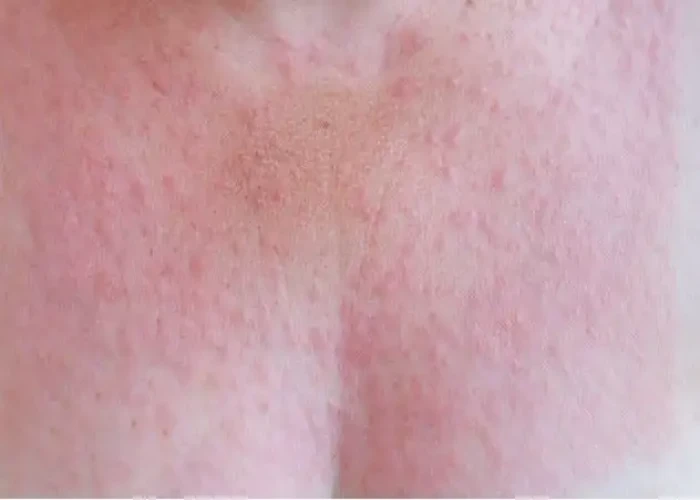
Sun allergy

Age spots (liver spots)
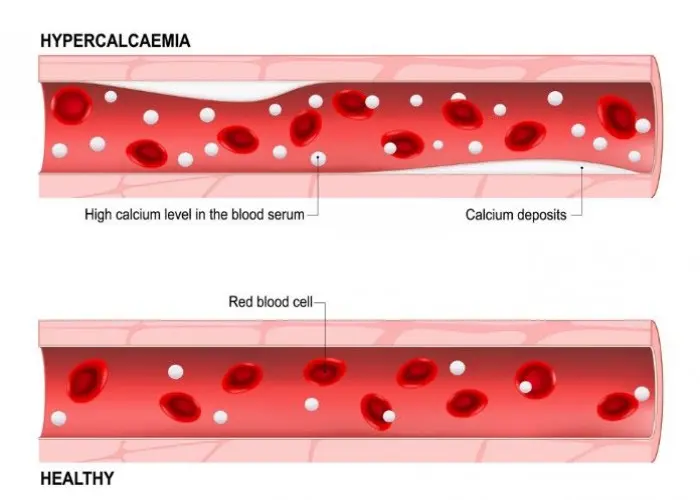
Hypercalcemia

Hay fever

Bone metastasis
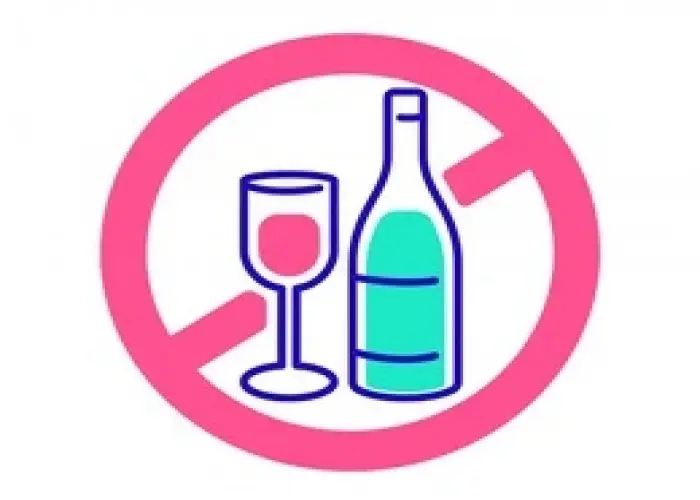
Alcohol intolerance
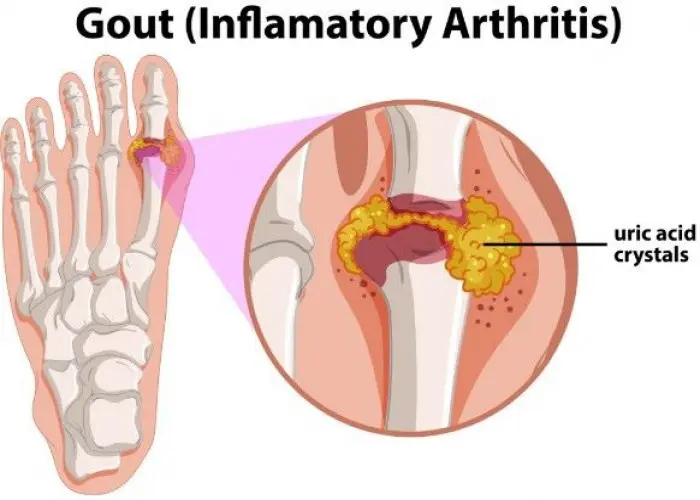
Gout
guillain-barre syndrome, গুইলাইন-বারি সিন্ড্রোম
To be happy, beautiful, healthy, wealthy, hale and long-lived stay with DM3S.
